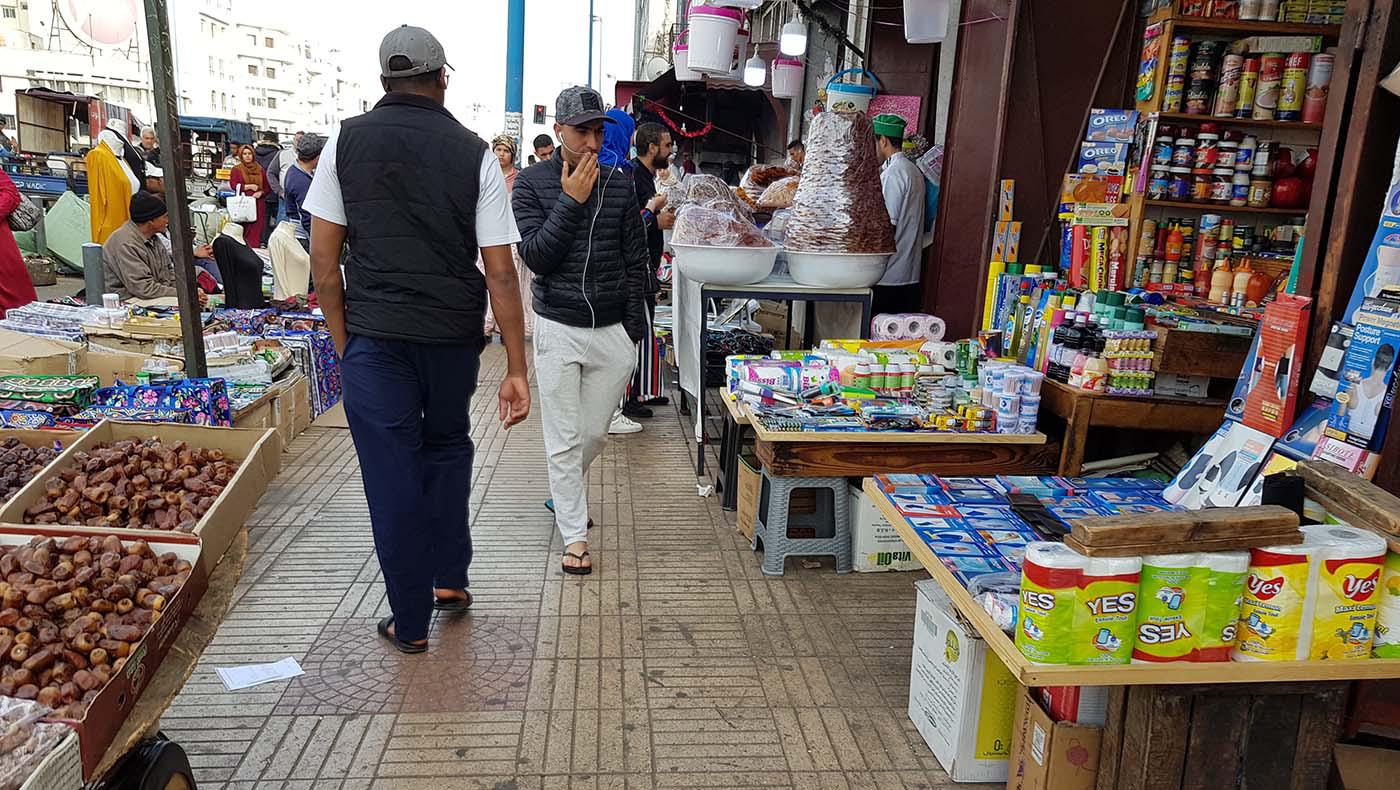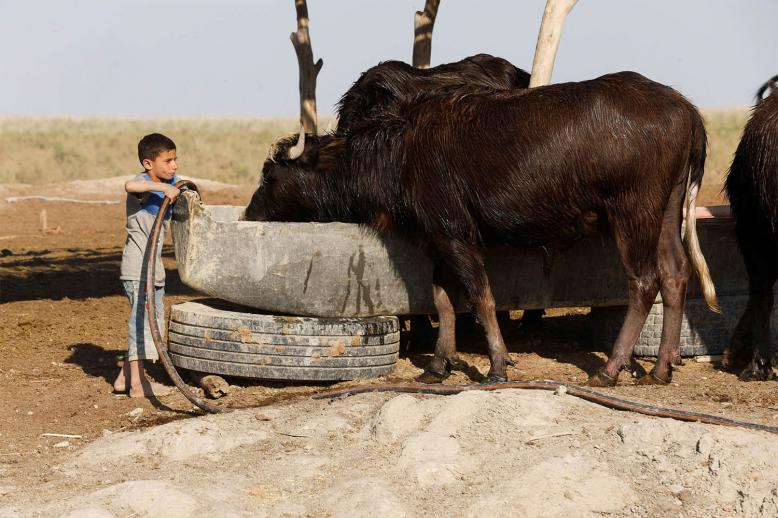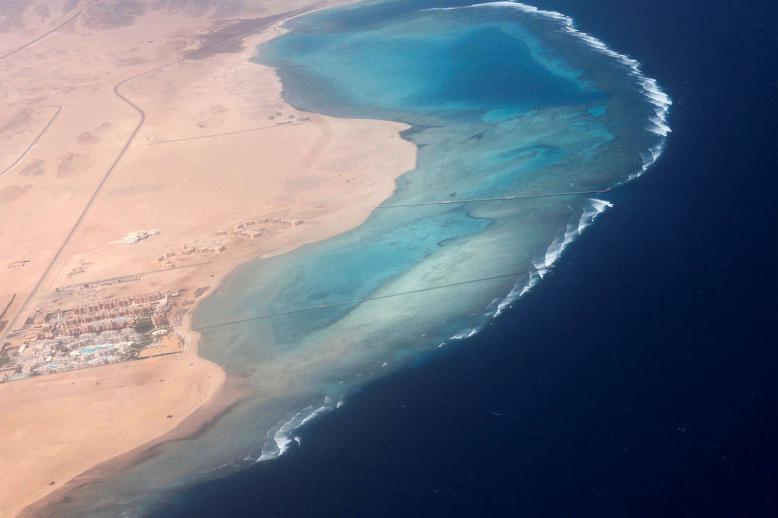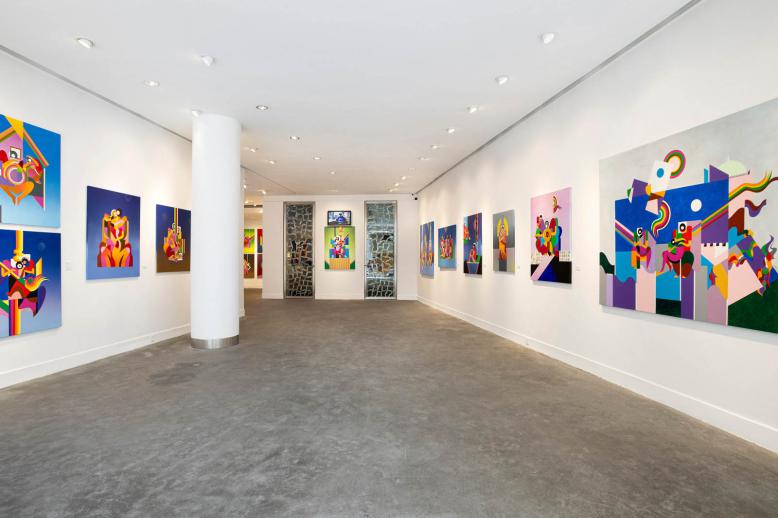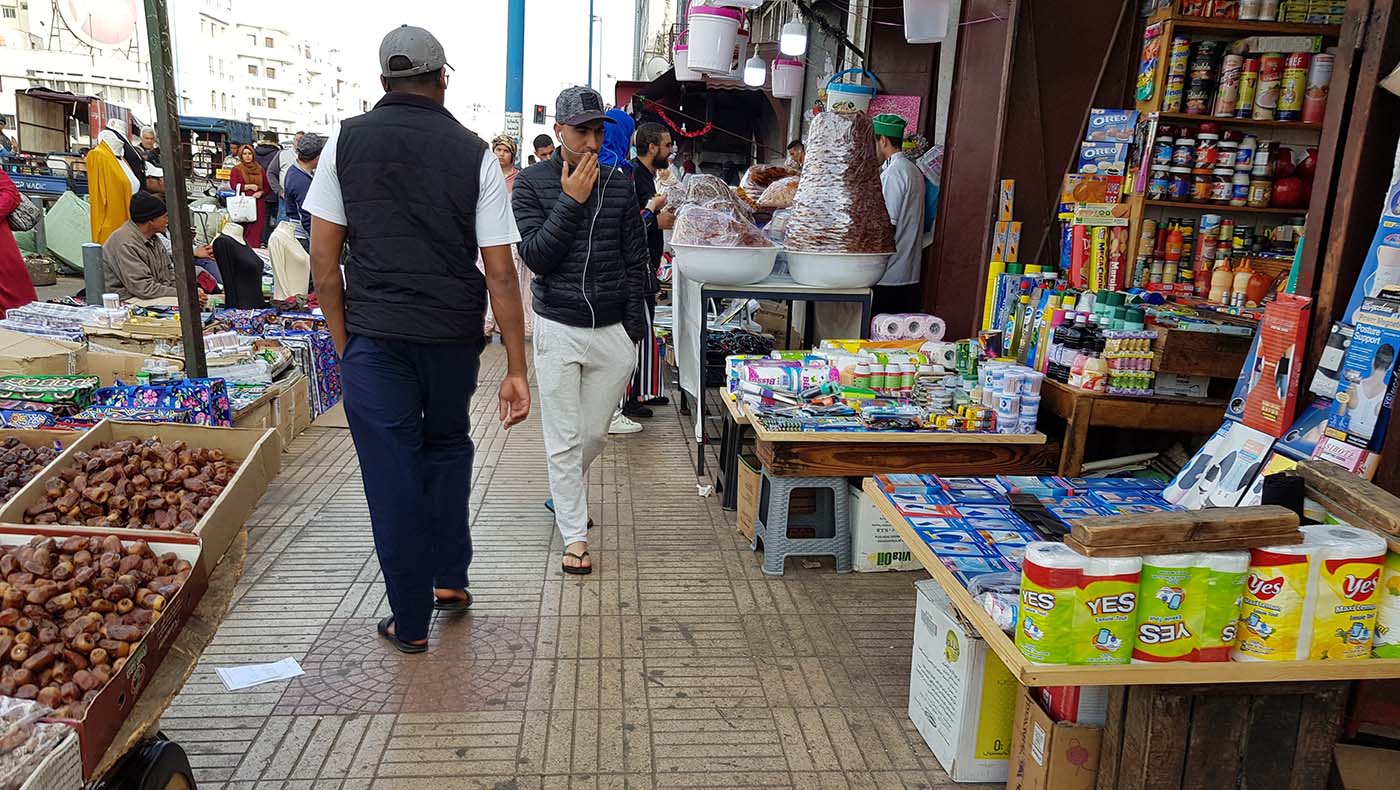Food consumption soars but economic activity slows in Morocco during Ramadan
CASABLANCA - The commercial district of Derb Omar in Casablanca witnessed much more traffic than usual during Ramadan. Illegally parked trucks and noisy tricycles unload merchandise on the packed road.
Customers and merchants from around the country flock to Derb Omar, the economic hub of the metropolis, to shop. From dry fruit and spices to kitchenware, customers fill the district with street vendors, who occupy both the pavement and the roadside, loudly calling to get buyers’ attention.
“Ten dirhams. Ten dirhams. It’s cheap!” shouted Abdel Kader, a street vendor who sells plastic containers.
“Ramadan is one of the best periods of the year to do business. Customers tend to spend more in this holy month than any other month of the year,” he said.
Dates are the most common ingredient on Moroccans’ iftar table. They are first thing they break their fast with as Prophet Mohammad used to do.
“Demand for dates reaches its peak in Ramadan. We offer a variety of both local and imported dates to our customers and prices vary according to their quality,” said Mohammad, a dry fruit seller.
A few hundred metres from Derb Omar, Triq Mediouna is also busy.
“I came here to get a blender for juices and other stuff for my kitchen,” said Saliha Benaser, a mother of three. “My iftar table has to look nice and adorned with food and drinks for my family.”
Some merchants hike food prices but the government mobilises to protect consumers through control operations and law enforcement to ensure regular monitoring of the markets.
Economic expert El Mehdi Fakir said Ramadan is a month in which consumption reaches its climax. “Moroccans buy more food than they consume during Ramadan, which is supposed to be a month of reduced food intake,” said Fakir.
Egg consumption by Moroccans during Ramadan doubles, the interprofessional association of the poultry sector stated. Some 840 million eggs are traded annually during the holy month, compared to 420 million eggs in other months.
Noureddine Boutayeb, minister delegate to the interior minister, said the Moroccan market would not suffer from a lack of provisions during Ramadan.
Ramadan, which is a month of piety, generosity and forgiveness, is also a period of economic slowdown because working hours are reduced and absenteeism in public administration soars.
A survey by growth strategy firm Dinar Standard in 2011 suggested that the working day is, on average, reduced by two hours during Ramadan in Organisation of Islamic Conference countries.
“Productivity declines in many sectors under the pretext of the physical strain of fasting. Hence, the economic output decreases in Ramadan,” said Fakir.
Worshippers fill mosques during Ramadan for Taraweeh prayers. Some neighbourhoods provide makeshift prayer areas in empty shops and tents to address the large number of worshippers.
Clocks are set back one hour behind British Summer Time during Ramadan to make it easier for Muslims to observe the fast.
Tourist activity is affected as virtually all coffee shops and restaurants are closed during the fasting period, except fast-food franchises such as McDonald’s, which remain open to non-Muslim customers.
Travel agencies witness a business boom thanks to demand for umrah packages to Saudi Arabia.
“I’m going to spend the whole month with my wife in Saudi Arabia. The Ramadan atmosphere in Mecca is beyond description, although it’s costly,” said Haj Sefiani, a retired businessman.

